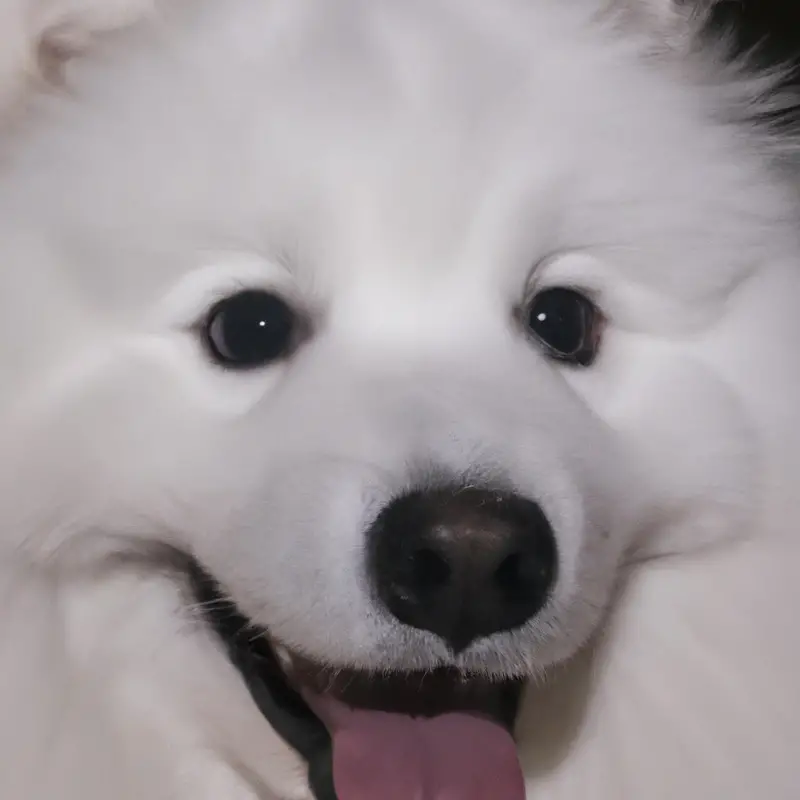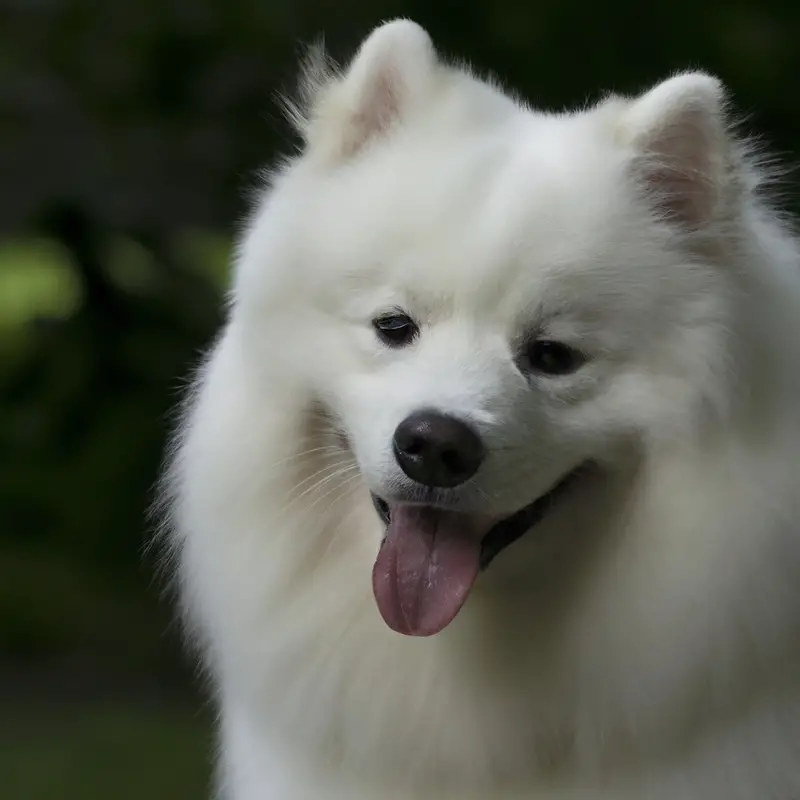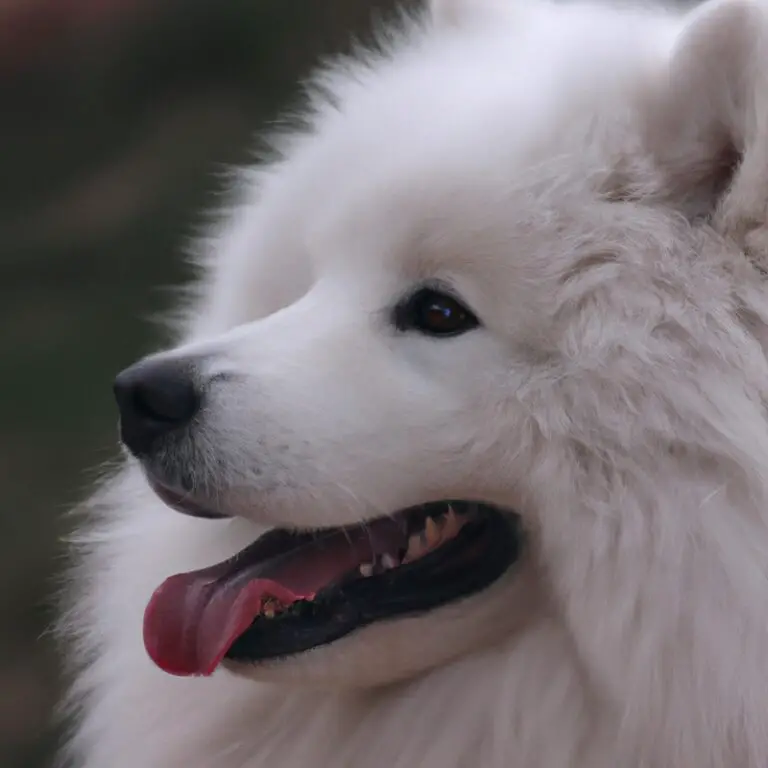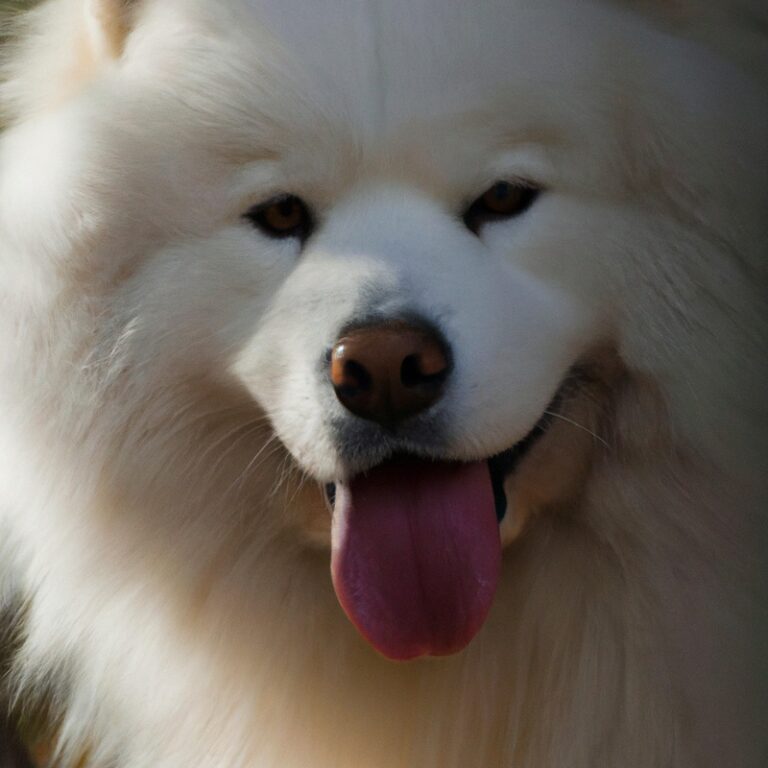Are Samoyeds Prone To Chewing Household Items?
Key Takeaways:
- Samoyeds are known to have a moderate tendency to chew household items.
- Regular exercise and mental stimulation can help reduce a Samoyed’s urge to chew.
- Providing appropriate chew toys can redirect a Samoyed’s chewing behavior.
- Early training and positive reinforcement can help prevent destructive chewing in Samoyeds.
Have you ever come home to find your favorite shoes chewed to pieces?
If you’re a Samoyed owner, you might have experienced this unfortunate scenario.
Samoyeds, with their playful and energetic nature, are known to have a propensity for chewing household items.
But why do they do it?
And more importantly, how can you address and prevent this behavior?
In this article, I’ll dive into the understanding of Samoyed behavior, explore potential reasons for chewing, provide techniques to address this behavior, and offer tips on preventing chewing incidents in your home.
Get ready to learn everything you need to know about Samoyeds and chewing!
Understanding Samoyed Behavior
Samoyed Breed Characteristics
Samoyeds are a breed of dog known for their friendly and gentle nature. They are intelligent and highly adaptable, making them great companions for families.
Samoyeds have a strong sense of loyalty and love being around people.
They enjoy being part of the family and are generally good with children and other pets. This breed requires regular exercise to keep them happy and healthy.
Samoyeds also have a thick, fluffy coat that needs regular grooming to prevent matting.
Overall, Samoyeds are a wonderful breed known for their loving and sociable personalities.

Instinctual Behaviors in Samoyeds
Samoyeds have certain instinctual behaviors that are important to understand.
One common instinct is their herding instinct.
This means they may try to herd people or other animals, which can lead to nipping or chasing.
Samoyeds are also known for their strong prey drive, so it’s important to keep them on a leash or in a secure area when outside.
Additionally, Samoyeds are social dogs and may have separation anxiety if left alone for long periods of time.
Proper socialization and training can help manage these instinctual behaviors.
Potential Reasons for Chewing
There are several potential reasons why Samoyeds may chew household items. Some common reasons include teething, boredom, anxiety or stress, lack of exercise or mental stimulation, and separation anxiety.
Teething is especially common in puppies and may cause them to chew on things to relieve discomfort.
Boredom can lead to chewing as a way to pass the time, while anxiety or stress can manifest through destructive behavior. Providing appropriate chew toys, regular exercise, and mental stimulation can help reduce chewing behavior.

Addressing Chewing Behavior in Samoyeds
Providing Proper Exercise and Mental Stimulation
To ensure that your Samoyed doesn’t resort to chewing household items, it is important to provide them with proper exercise and mental stimulation.
Regular physical activity, such as daily walks or playtime in a secure area, will help burn off excess energy and prevent boredom.
Engaging your Samoyed’s mind is equally important by offering interactive toys, puzzle games, and training sessions.
Providing these outlets for exercise and mental stimulation will help keep your Samoyed happy, engaged, and less prone to destructive chewing behavior.
Using Chew Toys and Interactive Games
Chew toys and interactive games are great tools for addressing chewing behavior in Samoyeds. They provide mental stimulation, promote dental health, and redirect their chewing instincts to appropriate items.
When choosing chew toys, opt for durable ones made of safe materials.
Interactive games like treat puzzles and hide-and-seek toys engage their minds and keep them occupied. Rotate toys regularly to keep them interesting.
Remember to supervise your Samoyed during playtime and remove any broken or damaged toys to ensure their safety.
Crate Training and Supervision
Crate training and supervision are effective methods to prevent chewing behavior in Samoyeds.
Use a crate that is appropriately sized for your dog, providing enough space to stand, turn around, and lie down comfortably.
Gradually introduce your dog to the crate, making it a positive and safe space.
Supervise your dog when outside the crate to prevent chewing accidents.
Provide plenty of mental and physical stimulation to keep your Samoyed engaged and satisfied.
Consider using chew toys or treats to redirect their chewing behavior onto appropriate items.
Training Techniques for Samoyeds
Positive Reinforcement and Reward-Based Training
Positive reinforcement and reward-based training is a highly effective approach when it comes to training Samoyeds. By using this method, I focus on rewarding desired behaviors rather than punishing unwanted ones.
This creates a positive learning environment and strengthens the bond between you and your furry friend.
It’s as simple as praising and rewarding your Samoyed with treats, toys, or verbal praise whenever they exhibit the desired behavior. This approach encourages them to repeat the behavior and makes training a fun and enjoyable experience for both of you.

Redirection and Distraction Techniques
Redirection and distraction techniques are essential when training your Samoyed. When your dog starts to chew on household items, instead of scolding or reprimanding them, redirect their attention to an appropriate chew toy or bone.
This will teach them what is acceptable to chew on.
Additionally, using toys that can be stuffed with treats or frozen can provide mental stimulation and keep them occupied. Another effective technique is to physically move your dog away from the item they are chewing on and redirect their attention to a more appropriate activity.
Remember, consistency is key when using these techniques with your Samoyed.
Seek Professional Help if Necessary
If you’re having difficulties with training your Samoyed or any other aspect of their behavior, don’t hesitate to seek professional help.
A qualified dog trainer or behaviorist can provide you with valuable guidance and techniques tailored to your specific situation.
They can help you address any issues you’re facing and assist you in creating a training plan that works for both you and your Samoyed.
Remember, professional assistance is always available if you need it.
Preventing Chewing Incidents in Your Home
Puppy-proofing Your Space
To puppy-proof your space, there are a few things you can do. First, secure any loose cords or cables that your puppy might be tempted to chew on.
Second, store hazardous materials, such as cleaning products or medications, in locked cabinets out of your puppy’s reach.
Third, keep small objects off the floor that your puppy could swallow. Finally, provide plenty of appropriate chew toys for your puppy to redirect their chewing behavior.
By taking these simple steps, you can create a safer environment for your furry friend.
Creating Safe Spaces for Your Samoyed
Creating safe spaces for your Samoyed is essential to ensure their well-being and prevent destructive behavior.
Here are a few simple tips to help you create a safe environment for your furry friend:
- Remove hazards: Keep household items that may be harmful or easily destroyed out of your Samoyed’s reach. This includes toxic plants, electrical cords, and small objects they could swallow.
- Provide appropriate toys: Keep your Samoyed entertained and mentally stimulated by offering a variety of chew toys and puzzle toys. This helps redirect their chewing instincts to appropriate items.
- Use baby gates or crate training: Establish designated areas in your home where your Samoyed can play and relax safely. Utilize baby gates or crate training to limit access to certain areas when needed.
- Provide plenty of exercise: Regular exercise helps release your Samoyed’s energy and reduces the likelihood of them resorting to destructive chewing.
Remember, every Samoyed is unique, so it may take time and patience to find the best strategy for keeping them safe and happy.
Consistent Discipline and Boundaries
Consistent discipline and setting boundaries are essential when it comes to managing your pet’s behavior. It’s important to establish clear rules and expectations from the beginning.
Consistency in enforcing these rules will help your pet understand what is acceptable and what isn’t.
Set boundaries by providing safe and appropriate chewing toys, and redirect their attention if they start chewing on household items. Remember, consistency and clear boundaries create a structured and well-behaved pet.
Common Questions About Samoyeds and Chewing
How Can I Determine if Chewing Behavior is a Problem?
Determining if chewing behavior is a problem can be done by considering the following factors:
- Frequency and intensity: How often does your Samoyed chew on household items? Is it a casual nibble or a destructive habit?
- Targeted objects: Is your dog primarily chewing on appropriate toys and bones, or are they going after valuable or dangerous items?
- Consequences: Is the chewing causing harm to your dog or your belongings? Are they ingesting dangerous materials?
- Distress or boredom: Is your Samoyed chewing out of anxiety or excessive energy? Are they getting enough mental and physical stimulation?
By assessing these factors, you can determine if your Samoyed’s chewing behavior is a problem that needs to be addressed.
Can Chewing be a Sign of Separation Anxiety in Samoyeds?
Chewing can indeed be a sign of separation anxiety in Samoyeds.
When they are left alone for long periods, they may resort to destructive behaviors like chewing as a way to cope with their anxiety.
If you notice your Samoyed chewing on household items, it’s important to address the underlying issue of separation anxiety and provide them with appropriate mental and physical stimulation.
Consulting with a professional dog trainer or behaviorist can help you manage and alleviate separation anxiety in your furry friend.
Are Some Samoyeds More Prone to Chewing than Others?
Some Samoyeds may be more prone to chewing than others due to a variety of factors. For example, puppies are more likely to chew as they teethe and explore their environment.
Additionally, Samoyeds with separation anxiety may chew as a coping mechanism.
Providing appropriate chew toys, proper exercise, and training can help redirect their chewing behavior. Consulting with a veterinarian or professional trainer can also offer valuable insights and guidance.
Frequently Asked Questions
1. Are Samoyeds prone to chewing household items?
While all dogs have the potential to chew household items, Samoyeds are not generally known for excessive chewing. However, every dog is unique, and some individuals may have a tendency to chew more than others.
It is important to provide appropriate chewing alternatives and ensure that your Samoyed receives enough mental and physical stimulation to prevent boredom and destructive behavior.
2. How can I prevent my Samoyed from chewing my belongings?
To prevent your Samoyed from chewing your belongings, provide them with ample chewing toys and bones to redirect their chewing behavior. Engage your dog in regular exercise and mental stimulation to combat boredom.
Additionally, puppy-proof your home by removing tempting items and using bitter sprays or deterrents on objects you want to protect.
3. My Samoyed is still chewing despite my efforts. What should I do?
If your Samoyed continues to chew despite your efforts, it may be helpful to consult with a professional dog trainer or behaviorist for guidance. They can assess the underlying reasons for the chewing behavior and provide specific strategies to address it.
Patience and consistent training will be key in helping your Samoyed overcome their chewing habit.
Final Verdict
It is important to understand that Samoyeds have certain innate behaviors and instincts, including a tendency to chew.
However, with proper training, exercise, and mental stimulation, this behavior can be managed effectively.
Providing your Samoyed with appropriate chew toys and interactive games, combined with crate training and supervision, can help redirect their chewing instincts.
Additionally, puppy-proofing your home, establishing safe spaces, and consistent discipline and boundaries are crucial in preventing chewing incidents.
Remember, positive reinforcement and reward-based training techniques are key in shaping desired behaviors.
Seek professional help if needed, and consistently assess whether chewing behavior is becoming a problem.
Overall, while Samoyeds may have a propensity for chewing, it can be successfully addressed through proactive and attentive care.






